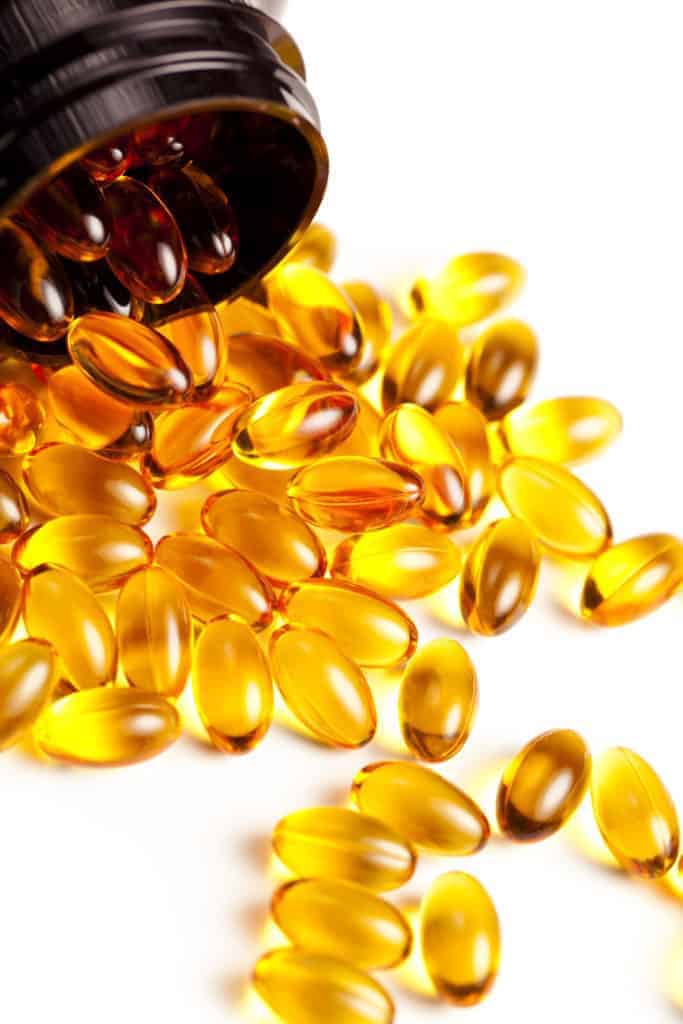
Selenium and Vitamin E to Alleviate Signs of Tying Up
Selenium and vitamin E work together to alleviate muscle damage and signs of tying up in horses.

Selenium and vitamin E work together to alleviate muscle damage and signs of tying up in horses.
Five horses in Reddington, Ind., are dead after contracting the botulism toxin from an “unknown food source.”
Toxic feed contaminants produced by molds, known as mycotoxins, are a risk to livestock, including horses.
The recalled Kountry Buffet 14% horse feed could contain monensin sodium, which can be fatal for horses.
Ensuring your horse maintains a balanced calcium and phosphorus ratio in his diet is critical, as horses with
Science has shown us that horses require magnesium to keep their bodies functioning properly, so should owners

When it comes to designing diets, knowing the basics of how horses digest food is half the battle. It’s important to consider each horse’s energy requirements before developing a feeding schedule.

Equine Insulin Resistance is a reduction in sensitivity to insulin that decreases the ability of glucose to be transported into the body’s cells from the bloodstream.
A recent study found that horses with pica–a propensity for consuming non-food items–have lower iron and copper blood levels than horses who restricted themselves to food items, only. According to researchers from Turkey, “prophylactic u
Forensic scientists solved the mystery of what killed a large portion the the wild mustang herd in southern Nevada using a technique called stable isotope ratio mass spectrometry. In July 2007, 71 horses of the 250-head herd of wild horses were…
Farmers across the Midwest struggled last year to harvest their crops in what turned out to be an unseasonably wet autumn. These conditions led to reports of widespread mold in this year’s corn crop. Moldy corn is a hazard for all species o

Botulism is largely avoidable, but immediate veterinary treatment could help save an affected horse’s life.
Recent reported crop losses in North Carolina and several other states are linked to certain broad leaf herbicides containing aminopyralid, clopyralid, and picloram, according to researchers. In North Carolina, people with gardens and organic
Horses might serve as good management tools for pastures moderately polluted by trace elements, according to Spanish researchers. And provided the animals receive adequate, systematic monitoring through biological sampling, they can be kept on
Composting is one option for disposing of a horse carcass after euthanasia. Researchers at West Texas A&M recently conducted a study to determine if residues of sodium pentobarbital might remain in compost as a potential environmental hazard
As horse owners put together a disaster plan and cope with difficult situations, one of the first concerns should be minimizing changes in feed management.
Stay on top of the most recent Horse Health news with
"*" indicates required fields